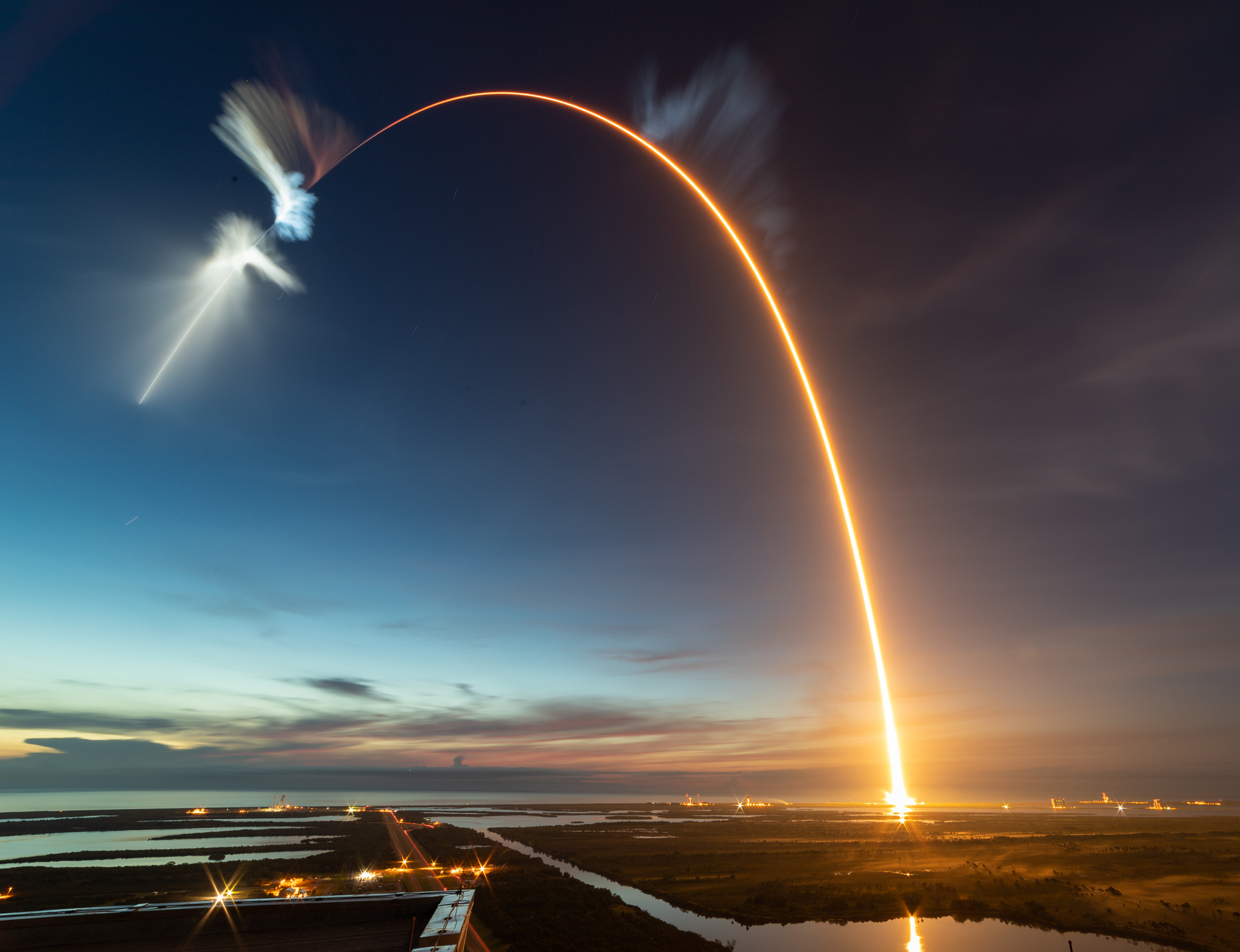You may not be aware that 95% of infant formulas, are improved by a nutritional supplement, that was developed to help keep astronauts healthy up on the International Space Station. This is just one example out of many more that we can find in our everyday life, and it makes easy to understand how human exploration of space involves any of us. While we’re thinking or talking about universe, it’s easy getting to the conclusion that space is such an incredible environment, that it’s almost impossible to make any definitive statement regarding its nature. What we know for sure, is that space loudly enlighten the vastity of time and distance, leaving us with that sense of powerlessness. Indeed, the idea of life itself, is something that we can’t take for granted when we look at the sky above us.
Within’ many contemporary controversial debates, we wanted to focus our attention on the growing interest about the future of human space exploration. Nowadays, we can observe how serious and intricates disputes, as the one concerning Climate Change, take into account the possibility for human mass migration to other planets. This vision is cited as part of the solution to many harsh consequences that the whole mankind might have to face eventually. Nevertheless, a human mass vertical migration from our Earth to other planets, has been mentioned as an answer to the hypothesis of a new global war, a way more than totally destructive compared to conflicts occurred in 20th century, and the only chance for mankind to survive to catastrophic events that might potentially lead to our extinction, as stated by Stephen Hawking in its last book.
The aim of this research project is to arouse interest and curiosity in space exploration matters, displaying issues and communicational path behind the most recent debate that one day might lead to the hugest change in mankind history: making human life multiplanetary, taking us off with feets on the stars and eyes on the ground.
